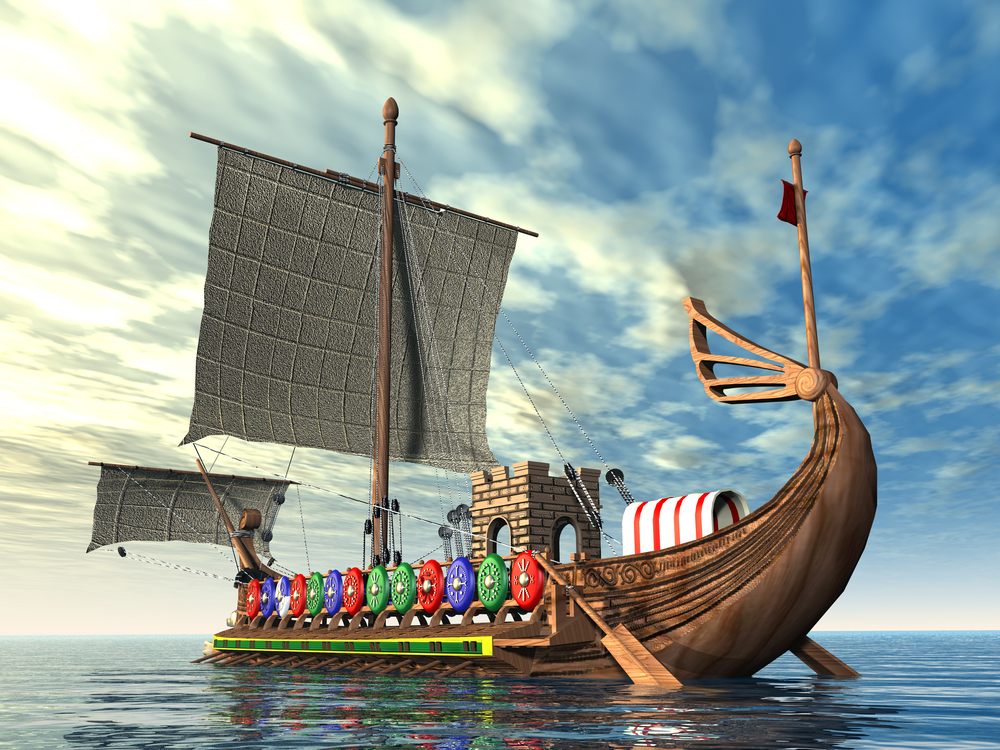Why are so many people interested in ancient Rome and Greece? We often think of these societies as the foundation of our own. Historian Bret Devereaux, the guest in this episode, agrees. EconTalk host Russ Roberts welcomes Devereaux to explore his fascination with the ancients, whose history can still serve as a blueprint for our own future action. While history- ancient or otherwise- will always have a veneer of interpretation, it can still help us learn a lot about our own time, says Devereaux.
Still, sometimes the way these ancient peoples are portrayed may not reflect the actual truth. How can we tell, and why should we care? Let’s hear your reaction to this episode. Continue the conversation here with us in the comments, and/or use the prompts below to start your own conversation offline.
1- What does Devereaux mean when he says of ancient Rome that the “people who began as its victims ended up its defenders?” Why does he insist the Romans were “not nice people,” and why were the ancient Romans able to administer such an enormous amount of territory so successfully over so long a period of time, according to Devereaux?
2- How does our knowledge of ancient societies compare practically to that of more modern ones? What role do archeology and epigraphers play on constructing our historical narrative? What about our lives today, for example, might be “archeologically invisible” to future historians, and what impact might thus have on the way our descendants understand us?
3- What are the biggest disparities between how the ancients have been portrayed in pop culture and the way they really were, according to Devereaux? How do you think this has influenced the way we think about the ancients today? As Roberts asks, why should we care how diverse ancient Rome was?
4- In their discussion of warfare, Devereaux and Roberts draw a distinction between “warriors” and soldiers.” What’s the nature of this distinction, and again, why does it matter? Why might warriors be antithetical to a free society while soldiers are not?
5- What does Deveraux say is the most important thing to understand about Sparta? Why does he suggest that Sparta is incorrectly understood as a might warrior society today? To what extent has this conversation changed your perspective on this ancient society?


Comments are closed.